How to Keep Drinking Water Safe in Your Home
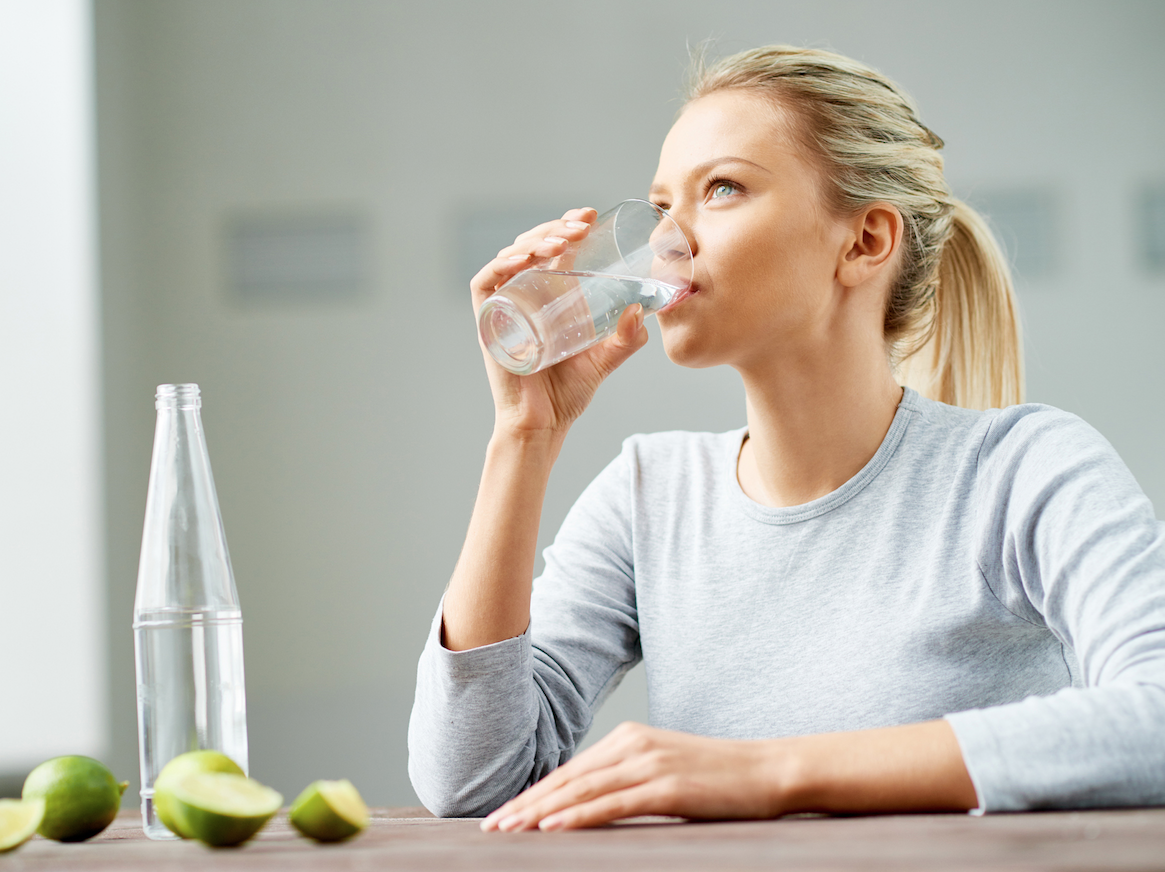
No matter how long you’ve lived in your property for, it’s important that you have access to clean and safe drinking water!

There are a variety of contaminants that can get into your water, which could end up causing illness, such as trace amounts of chlorine, radium, and metals. To ensure that you and your loved ones are safe, taking precautionary measures if you suspect your water is contaminated is crucial. Here are a few tips on how to keep drinking water safe in your home.
Check Out the Source
Your first port of call should be to contact your local water utility official and make an inquiry about the safety and source of your water. If you’re not sure who to get in touch with, you can look for a phone number which should be on your water bill, or make a call to your local government offices who can provide you with more information. There are several questions that you need to ask, such as what the source of the water is, when was the water last tested by the EPA, as well as whether fluoride is added to the water.
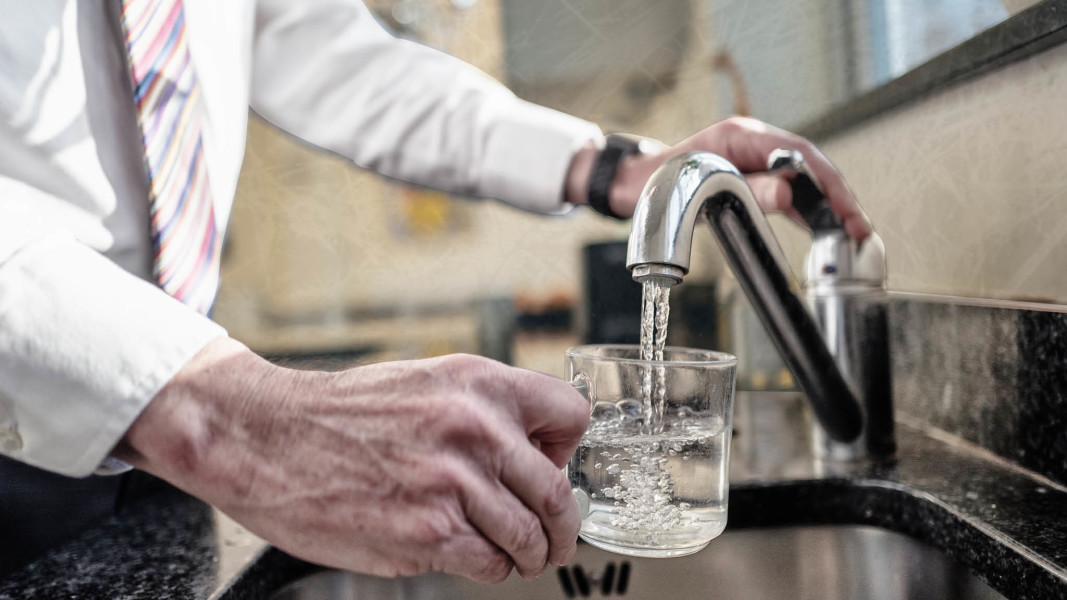
Test Your Water
If your drinking water is from a well, it’s important that you have it tested frequently by an environmental testing lab that is state certified. They can keep a close eye on any changing conditions, such as containments like nitrates and coliform bacteria which can seep through soil slowly into underground aquifers.
Filter Your Water
If you’re looking for another line of defense against contaminants that are passed through the local utility, you may be interested in purchasing a water filter for your home. Whether it’s for your refrigerator, under sink, or a whole house solution, checking out discount filters can help you find the right filter that gives you peace of mind, knowing that your water is clean and safe to drink.
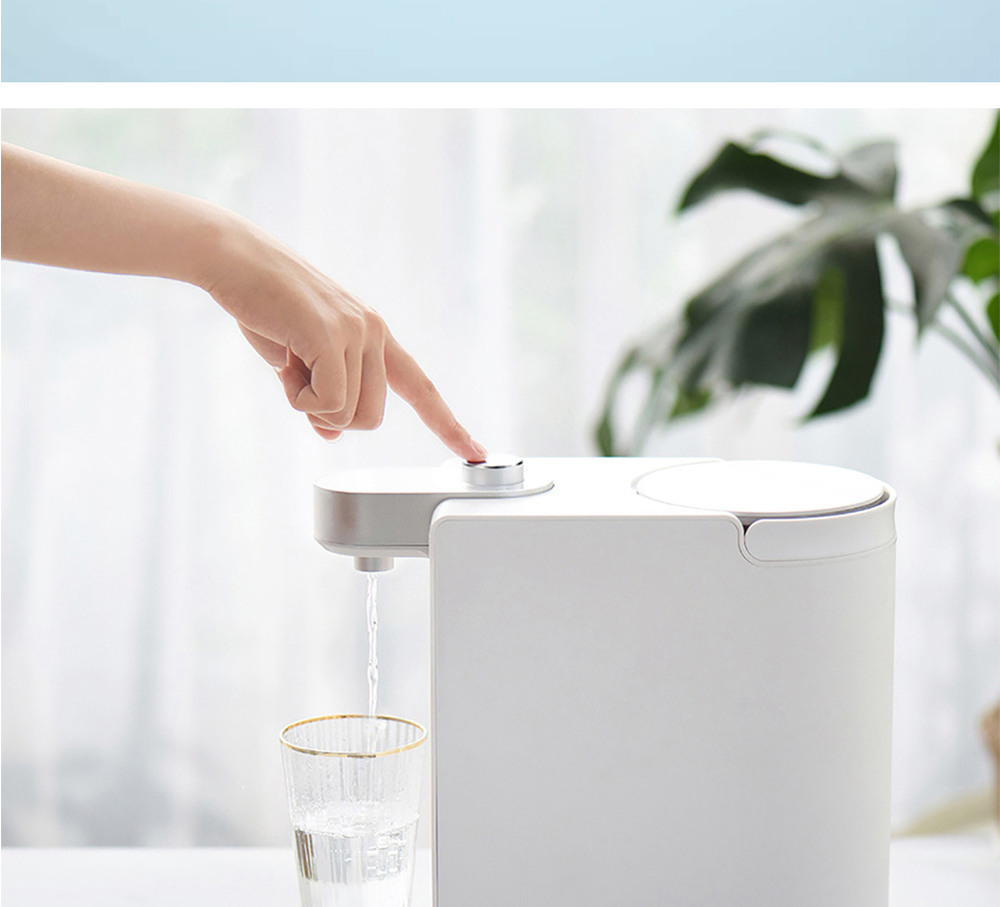
Keep Your Property’s Plumbing Updated
While paint flecks may be one of the obvious carriers of toxic metal in older properties, lead from pipes can contaminate water too, causing a range of issues such as developmental problems in children, as well as compromising kidney function in adults. It’s important that you replace corroded copper pipes too, as long-term exposure to copper at high levels can result in kidney or liver damage.
Temporarily Stick to Boiled or Bottled Water
When directed by a health authority or your local government, it’s best to follow their orders and boil your water from the faucet, or drink bottled water. Whether it’s caused by a natural disaster or after a large main break, it’s best to steer clear of drinking water straight from the faucet, which will avoid you getting sick. Whether you live alone, with a partner, or as a family unit, it’s only natural that you will want to keep you and your loved ones safe. Following the advice above can help ensure that the water in your home is safe and clean to drink.



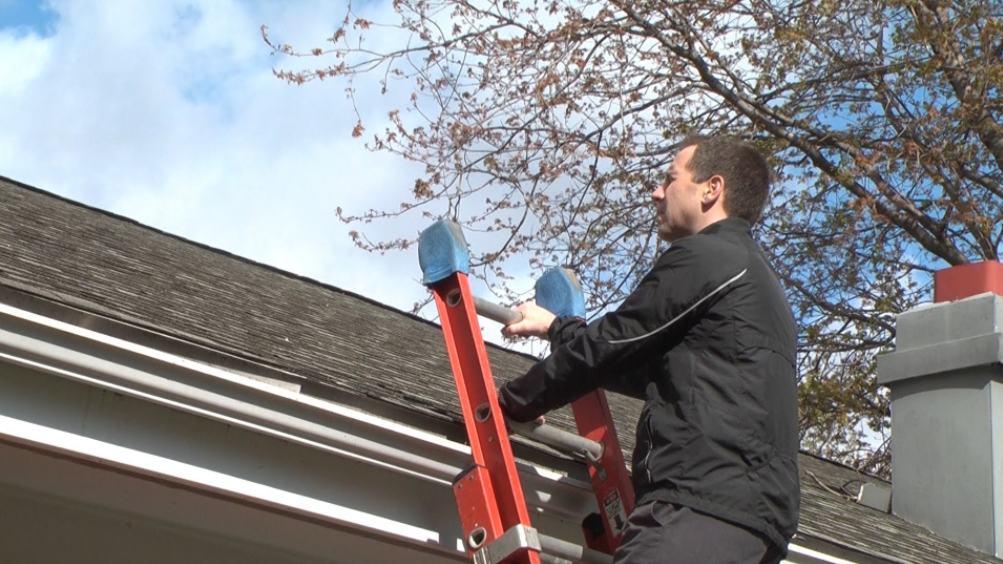
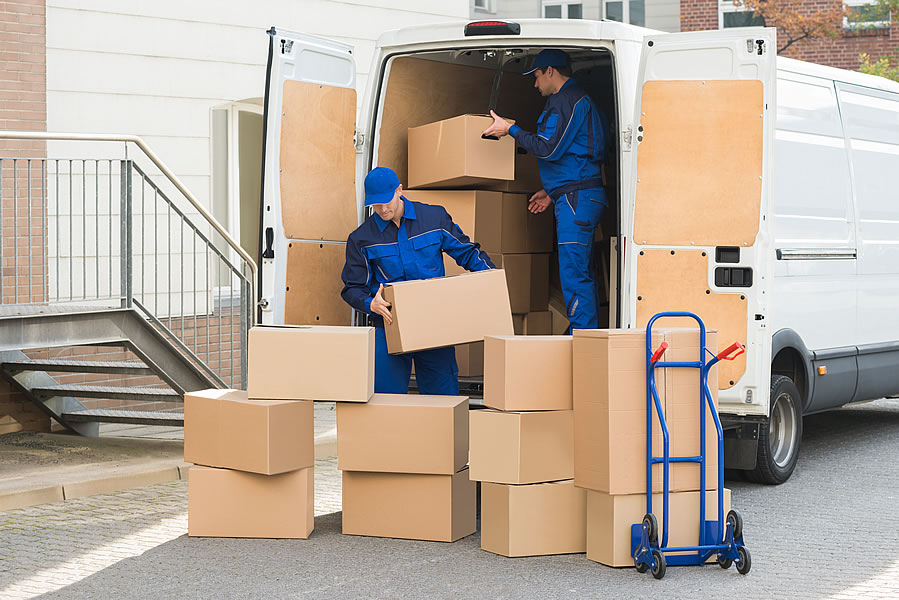


Leave a Comment